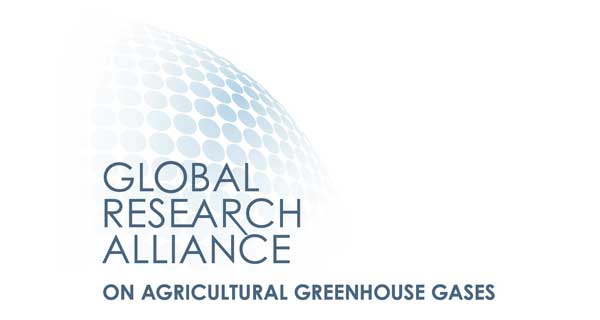Sustainable livestock farming in the Amazon of Peru and Ecuador
 Peru
Peru
 Costa Rica
Costa Rica
 Ecuador
Ecuador
 New Zealand
New Zealand
Executive Summary
Livestock farming is an essential activity for the livelihoods of farmer families in Peru and Ecuador, generating economic, social and nutritional benefits. In the Amazon region of these countries, both livestock and agriculture have been expanding, resulting in benefits but also environmental problems, especially when extensive systems have been implemented at the expense of deforestation and the generation of crop residues and wastes from agro-industries. Dual-purpose livestock systems, however, have great potential for growth, especially due to the unsatisfied demand for milk and dairy products in both countries. These systems are mainly based on the use of crossbred cattle between Zebu and European breeds, and a grass-based diet with little feed supplementation. They have low productivity in terms of beef and milk produced per animal and per hectare. High consumption of fibrous foods also results in increased generation of greenhouse gases. However, the low animal productivity of dual-purpose systems can be improved with adequate supplementary feeding using locally-produced agro-industrial residues. This project aims to sustainably intensify dual-purpose livestock systems in the Peruvian and Ecuadorian Amazon through supplementation with agro-industrial by-products and crop residues.
The project will be executed by a collaborative platform made up of the La Molina National Agrarian University (UNALM) of Peru, the National Institute for Agricultural Research (INIAP) of Ecuador, the Instituto Interamericano de Cooperación para la Agricultura (IICA) , and AgResearch Limited of New Zealand. The project is funded by the New Zealand Government as part of its contribution to the Global Research Alliance on Agricultural Greenhouse Gases (GRA).
The technological solution
- Establish a baseline through the characterization of dual-purpose livestock production systems in the target areas of both countries.
- Evaluation of the effect of supplementation with agro-industrial residues on animal productivity and the net emission of methane in vitro.
- Integrate the information generated using simulation models to extrapolate information to the farm or zone level and its corresponding life cycle analysis.
- Promote capacity enhancement through cooperation, training and knowledge management.
Results
- Baseline study of dual-purpose livestock systems prevalent in the Peruvian and Ecuadorian Amazon.
- Develop of an inventory of available agroindustrial by-products with potential use as cattle feed.
- Nutritional values of available agroindustrial by-products.
- Effect of supplementation with agro-industrial by-products on productive performance of cattle.
- Predictions of enteric methane emissions from the inclusion of by-products and/or forage in the diet of ruminants.
- Life cycle analysis (LCA) of dual-purpose livestock systems.
- Development of a virtual innovation platform on bovine supplementation with agroindustrial by-products.
- Dissemination of activities.
Beneficiaries
Direct beneficiaries will be the 500 producers and professionals who will participate in research, training and technology transfer activities. Indirect beneficiaries will be some 6,490 producers with cattle in the participating countries.
Sustainable Development Goals







Participating Organizations
Executor
- Universidad Nacional Agraria La Molina (UNALM) - Perú
Co-executor
- Instituto Nacional de Investigaciones Agropecuarias (INIAP) - Ecuador
- Instituto Interamericano de Cooperación para la Agricultura (IICA) - Costa Rica
Associated
- AgResearch - Nueva Zelanda (AgResearch) - Nueva Zelanda
Graphics and data
Financing by country (in USD)


































